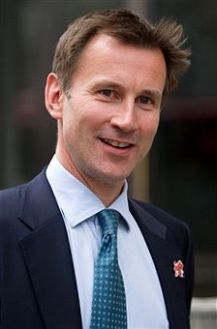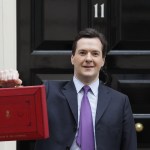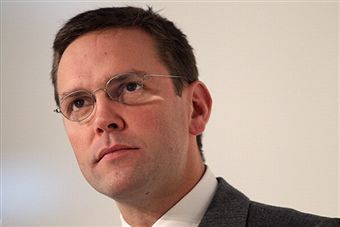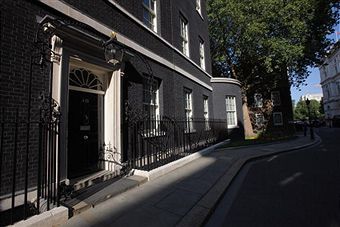The romance isn’t dead on Downing Street
Westminster, today, is all a-titter about an anecdote contained within this FT article about Steve Hilton. It is, it must be said, a good ‘un: “Mr Hilton’s crusade against employment legislation also saw him suggest that Mr Cameron just ignore European labour regulations on temporary workers, prompting an exasperated exchange with Jeremy Heywood, Downing Street’s permanent secretary. ‘Steve asked why the PM had to obey the law,’ said one Whitehall insider of a meeting in March to discuss the government’s growth strategy. ‘Jeremy had to explain that if David Cameron breaks the law he could be put in prison.'” From there on in, the article rattles through some of Hilton’s




















